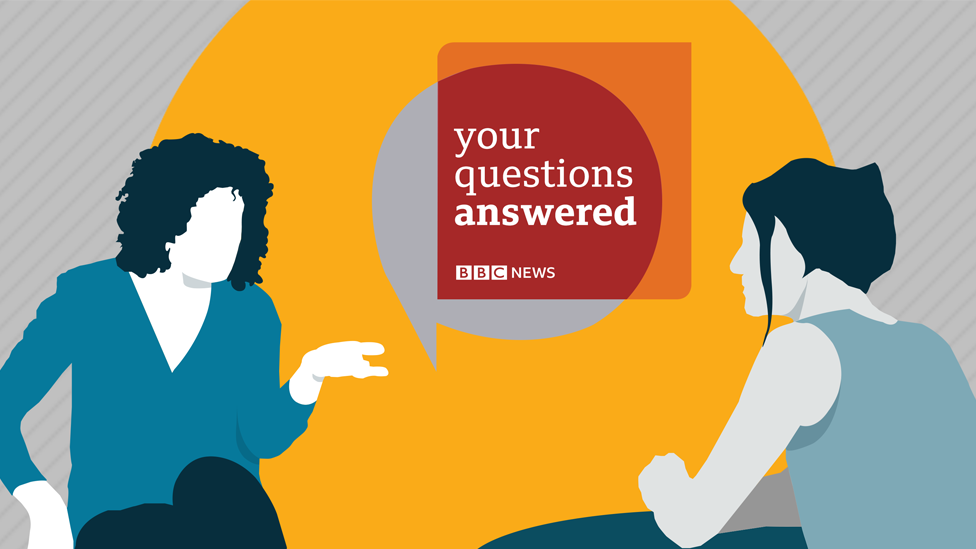Covid-19: Tighter restrictions likely, Sir Patrick Vallance warns
- Published
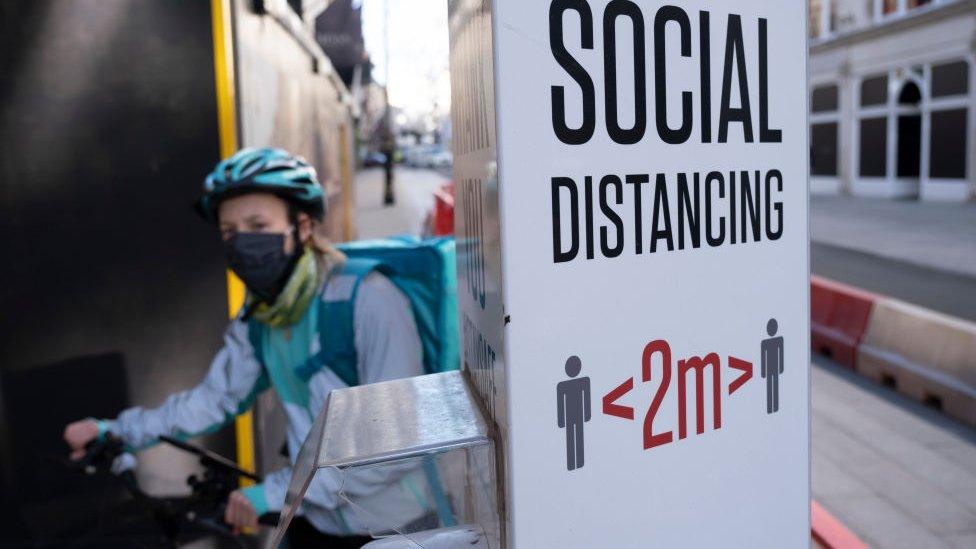
Further restrictions are likely to be needed in more areas of England to control a new variant of Covid-19, the UK's chief scientific adviser has said.
Sir Patrick Vallance said measures could "need to be increased in some places, in due course, not reduced".
London and large swathes of south-east England were placed in the highest tier four restrictions over the weekend.
Sir Patrick predicted there would be spike in cases after an "inevitable period of mixing" over Christmas.
It comes as more than 40 countries including France, Spain, India and Hong Kong have banned UK flights because of concerns about the spread of the variant.
Speaking at a Downing Street briefing, Sir Patrick said he believed the variant would help cases "spread more".
Asked why tougher measures were not in place across the country following the introduction of the tier four level, Sir Patrick added: "The evidence on this virus is that it spreads easily. It's more transmissible. We absolutely need to make sure we have the right level of restrictions in place."
But he said there was no reason to think the new variant is more dangerous than the existing strain.
"The transmission is increased. We can't say exactly by how much, but it is clearly substantially increased, so it is more transmissible.
"Which is why we see it growing so fast and spreading to so many areas."
The government scrapped plans to relax rules at Christmas in the areas put under tier four rules. Some 17 million people in England and Wales affected are being told to stay at home, while non-essential shops and businesses have to close.
But in other regions of England - in tiers one to three - Christmas mixing is being allowed on 25 December.
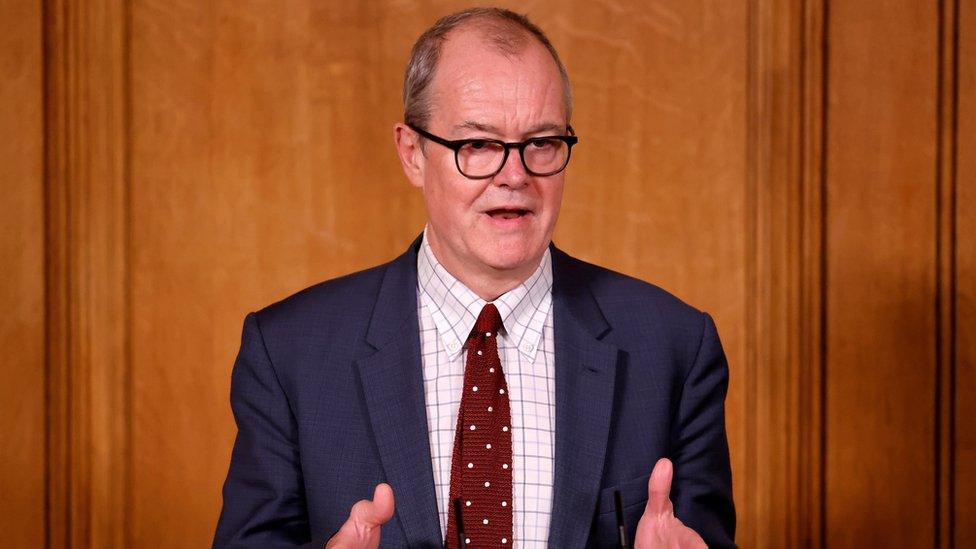
Sir Patrick said the tier four rules were "important"
Sir Patrick Vallance said the variant of the virus had to be taken "incredibly seriously".
He said: "It's really important to follow the rules carefully and make an assumption that you could be infectious.
"You could be the person spreading it to somebody else, and [you should] behave accordingly."
He added: "The doubling time of this infection with a new variant is quite fast, it is more transmissible, it does require more action in order to keep it down and that's why tier four is important."

SOCIAL DISTANCING: Can I give my friends a hug?
PAY-PACKET SUPPORT: What do chancellor's plans mean for wages?
FACE MASKS: When do I need to wear one?
TESTING: How do I get a virus test?

The latest figures released on Monday reveal that another 33,364 people in the UK have tested positive for coronavirus.
There were also a further 215 deaths within 28 days of testing positive, bringing the UK total to 67,616.
France has also shut its border with the UK for 48 hours, causing delays to lorries carrying freight across the Channel, but Boris Johnson told the briefing both sides wanted to resolve "these problems as fast as possible".
The prime minister said he had an "excellent" call with French President Emmanuel Macron and "both understand each other's positions".
He added the delays only affected a very small percentage of food entering the UK and supermarket supply chains were "strong and robust".


There is no evidence to suggest this new variant is causing more serious disease or will hamper the effectiveness of the vaccine.
But there is now a high degree of confidence that it is leading to faster transmission.
With hospitals already under huge pressure - the number of patients will soon pass the spring peak on the current trajectory - it seems only a matter of time before more areas will be placed into tier 4, which is essentially a lockdown.
Questions are also being asked about schools. The prime minister could only say he wanted to keep them open "if we possibly can".
The race to vaccinate the most vulnerable, which will have a huge impact on reducing deaths and relieving pressure on the NHS, just got more pressing.
Around 500,000 people have got their first dose in the past two weeks.
But there are 12 million over 65s. More vaccination centres and approval of the Oxford University vaccine, of which there are already millions of doses in the country ready to go, is essential.

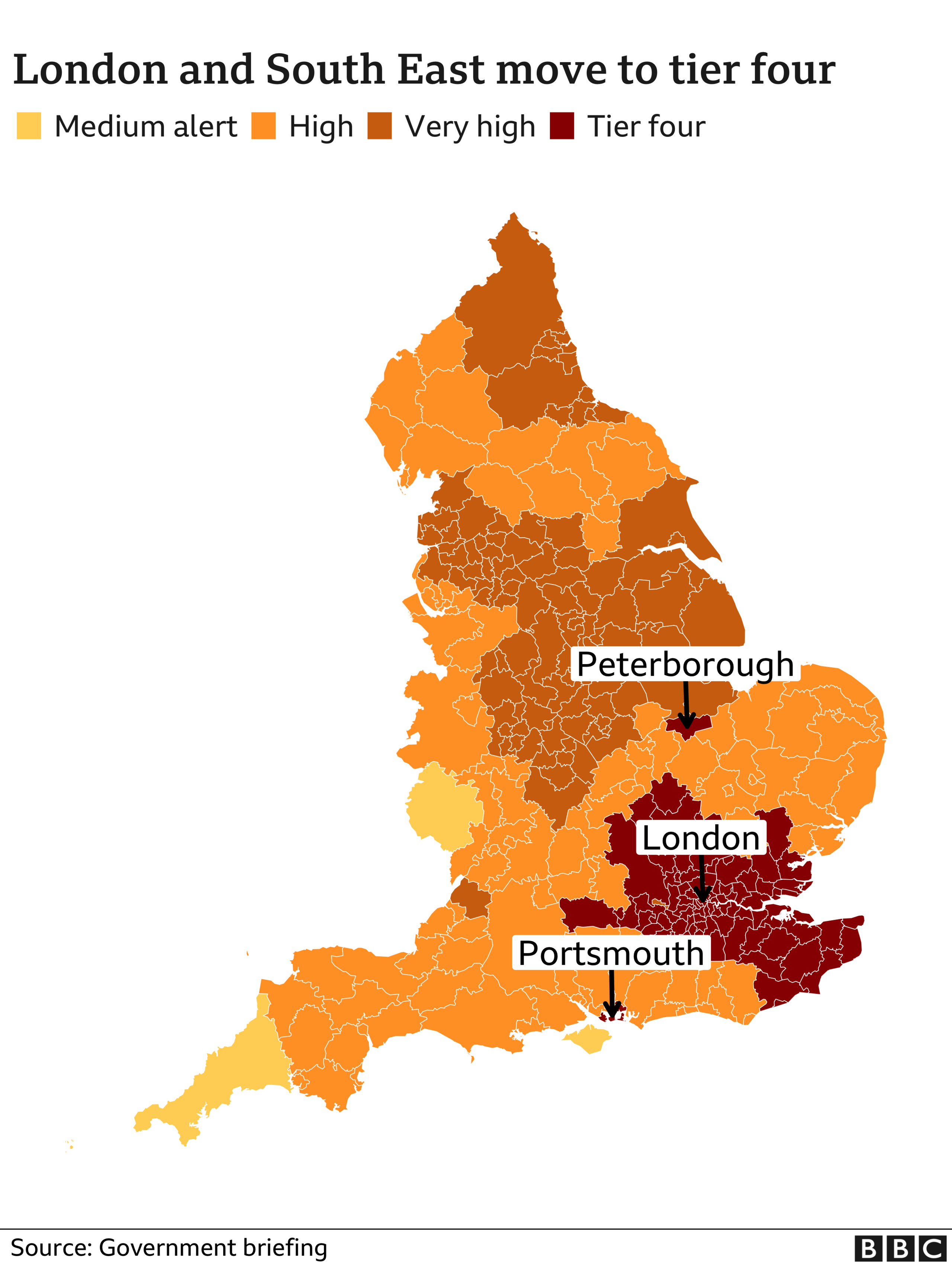


A PROMISED LAND: Barack Obama reads from his new and compelling presidential memoir
GROUNDED WITH LOUIS THEROUX: Rylan Clark-Neal reveals how one of Louis’s documentaries ignited his teenage sexuality

- Published1 July 2022

- Published26 January 2022
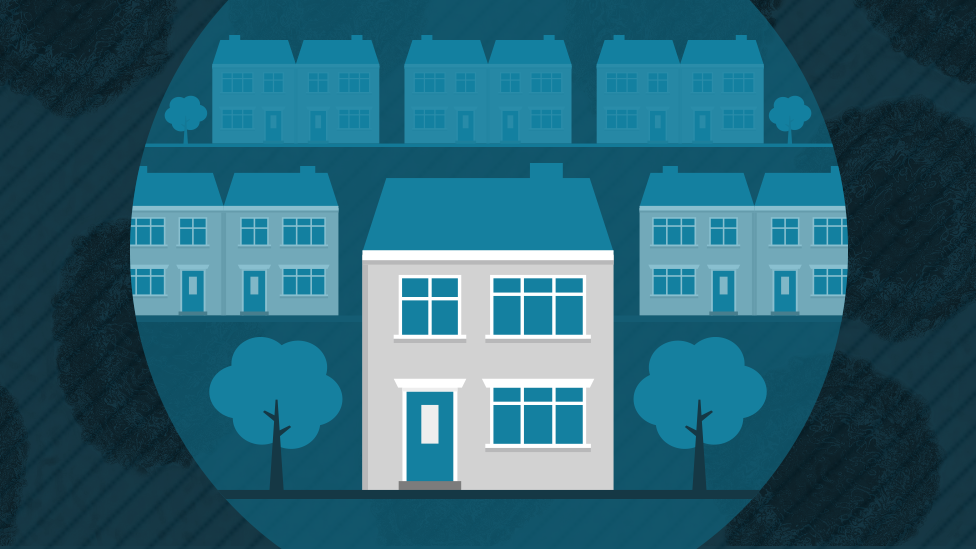
- Published20 December 2020
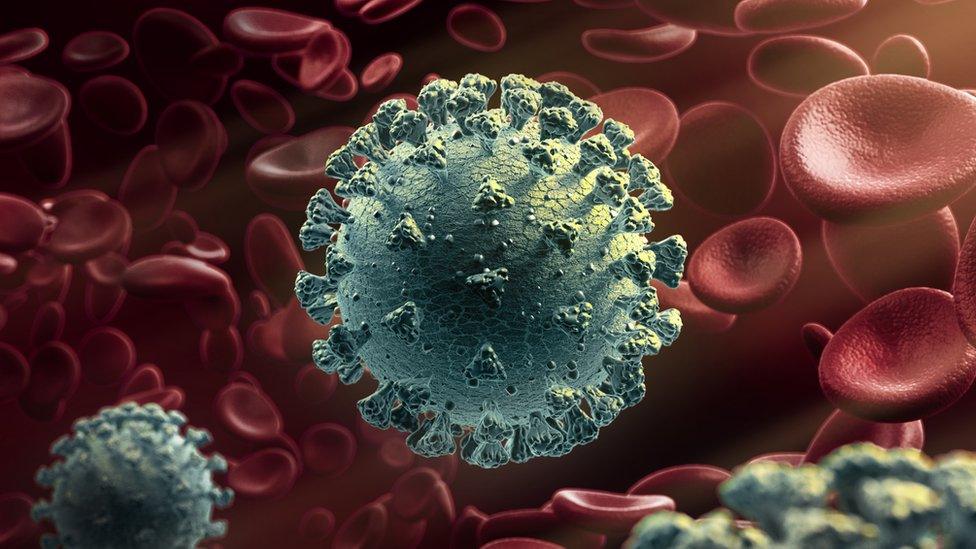
- Published21 December 2020
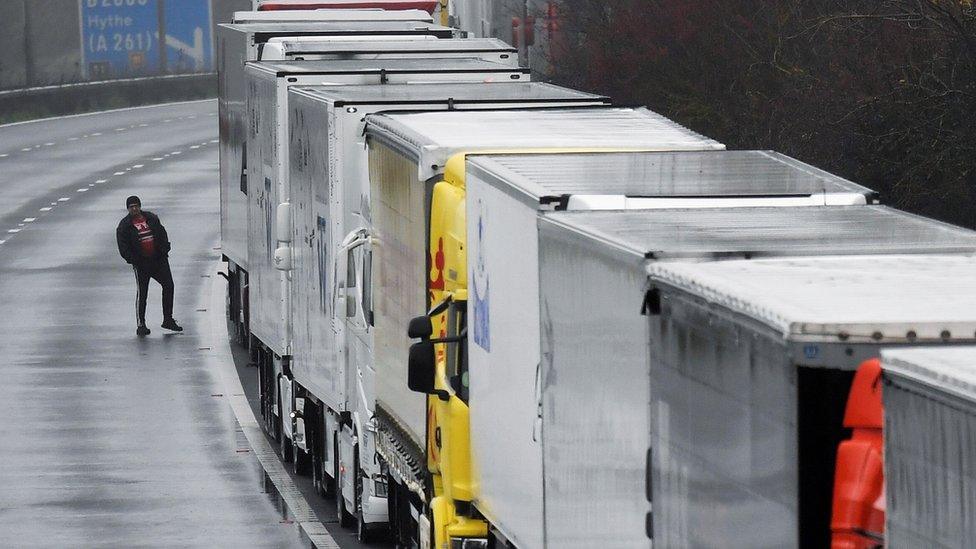
- Published22 February 2022
